Samuel Balogun is a Nigerian- American whose exploits working with the police in the United States of America provokes the biblical question: can anything good come out of Nazareth? From a humble beginning in Mushin, a suburb of Lagos State, he rose to become an international police officer, travelling wide and meeting heads of state he never imagined he could come across. In this interview with INNOCENT DURU, he reveals how the Nigerian system frustrated his efforts to work with the Federal Bureau of Investigation (FBI), his regrets after two decades of service in the Detroit Police Department and his grouse with the security system in Nigeria.
Retired Nigerian-American police officer Samuel Balogun recalls close shave with death at drug dealer’s hands
‘How Nigerian system frustrated my bid to enroll with FBI’
What was your childhood like?
I attended Saint Paul’s Anglican (Primary) School at Idi Oro, Mushin (Lagos). My high school was St Anthony Grammar School, Esure, Ijebu Mushin. I travelled to Greece thereafter. From Greece, I settled in the United States of America. In year 2,000, I enrolled with Detroit Police Depart (DPD) and became a police officer after six months of extensive training, learning federal and state laws.
My first inclination was to become an FBI agent. It took three years for the background investigation. Within the waiting period, I sent a message here in Nigeria for my transcript, but for unknown reasons, there was a delay. I became tired of waiting and enrolled with the Detroit Police Department.
A week to my graduation from the academy, I got a call from the FBI that my clearance had been completed. At that time, I had to make a decision to go back into FBI training or go forward? With the Detroit Police Department, the training was in-depth. For six months, we were running, jogging, shooting, engaged in vigorous physical conditioning and investigative training as swell. I decided to continue with the Detroit Police Department.
In a way, I regret it, and in another way, I am happy. The FBI has more arresting power, as they travel all over the country. But the Detroit Police was just in the state of Michigan. But I am happy for what I have accomplished. I was the only Nigerian in the Detroit Police Department. I visited Nigerian churches before retiring, to try to get other Africans, especially Nigerians, to join the police, but there was this bias that as an American policeman, you are going to get killed. People shy away from joining the police. We have a lot of engineers, we have a lot of architects, but for some crazy reasons, nobody wants to be a police officer.
I retired on November 2, 2020. I am an American citizen and a Nigerian by birth. I still claim both countries. I shuttle back and forth the two countries.
Did you suffer any form of discrimination?
When I became a police officer, there was a stigma that Nigerian policemen don’t command that kind of respect. So when I was going to become a law enforcement officer in the United States, I still knew there would be stigma but the reward is worthwhile. Being a police officer in the (United) States, I have met with heads of state, went to places where but for my job, I would never have the opportunity of meeting such people. In the States, it is a very lucrative job. But in Nigeria, if you tell someone you are a police officer, they look at you negatively or with suspicion. We have to change and rebuild the trust of the citizenry.
What exactly does your firm do?
I am trying to bring back my experience as a police officer in the States to Nigeria. When you look at the #EndSARS period, the performance of the police was something that hurt my feelings. How can we make it better? How can we make the police job something that people will see with respect and want to join?
My security firm is involved in training not only police officers but private security companies. I am in touch with a lot of private security companies in Nigeria. There is another concept which Nigeria is embracing right now; it is called community policing. In the States, it is called neighbourhood policing or community policing. It works in the sense that in every street, there would be a police officer who lives in that neighbourhood. He gets to know the people and the people know him. In some apartments, they will give you a discount just for the police officer to be there because they know once a police officer is living there, the police car is outside and the crime level will reduce. People are more likely to talk to that officer because they know him. They are more able to tell him, ‘Hey, we know who committed that crime!’ For every crime, you need people to tell you what happened. You can have all the gadgets, but if people are not talking, you can’t solve the crime.
Why did you go to Greece?
I studied language in Greece. I speak three international languages. I moved to the States from there. When I got to the States, I wasn’t a police officer at first. I was working for UPS (Universal Parcel Service). I got tired of doing the same job every day. As a policeman in the States or even in Nigeria, it is exciting to do different stuffs you can never predict tomorrow. But for UPS, I know tomorrow I am going to the office and what I am going to do is predictable. I am the kind of guy who gets bored easily. As a police officer, you are helping people to solve crimes. When you talk about the police, it is just like the marine or the army. It has a lot of elements.
What was the hardest crime you cracked as a police officer?
My biggest accomplishment was bursting a human trafficking crime. There was a guy that was using minors for prostitution on the internet. I have an accent and when I speak people know I am an African. So, I had to go undercover and had to call the guy on the internet. I said, ‘Hey! What is going on? I am in town. I am a truck driver and I want some girls.’ He said the younger they are, the more the money. I said about 15 to 16 years. He said okay. I asked how many he could bring and he said two. He said which hotel was I and I gave the name to him. He told me to hang up and he called back the hotel. He subsequently called me and asked if I was there and I said yes. He said he would be there in 20 minutes.
We were waiting for him to come but he was smart too. He dropped the girls down the street and made them walk to the room. The girls asked how much I was ready to pay and wanted to take off their clothes, but I said not yet. In the next room were officers listening to our conversation. When I made a signal, that meant it was time for them to come in. But before you make the signal, you have to make sure they have mentioned the price, they have given the reason why they were there, so it doesn’t look like you are entrapping them. When I made the signal, the officers burst in and arrested everybody, including me.
After that, they processed the girls, and after that, they said, ‘Look, you are minors and we know somebody is pushing you to do this. Now we don’t want to arrest you, but tell us how to get to the boss. The girls cooperated. When the man pulled up to pick them up, we arrested him. That stopped a lot of those crimes.
What were the dangers you encountered working as a policeman in the US?
I faced danger all the time. Every American police must have a bullet proof vest on. But if you are working undercover, you are exempted. If you don’t have your vest on and you get shot, you might be denied your benefits. I have talked to some Nigerian police officers that got injured on duty. I learnt some even died in shootouts with criminals. What happens thereafter? Other officers have to contribute for their funeral. That is a disgrace. God forbid, if anything had happened to me before I retired, my daughter would be taken care of, my family would be taken care of and my funeral would be covered by the city.
I hear all this noise that the Nigerian police are corrupt. But there is corruption everywhere. But to bring it to a lower level, you have to pay people right. A sergeant in Nigeria is earning less than N150,000 a month. That is nothing. The pension is not there, the insurance is not there, the recruitment is poor, the salary is poor. When you put all that together, it is a recipe for corruption. The barracks they live in are even inhuman for people to stay.
In the States, everything is supplied, and when you retire, you are allowed to keep your gun. From the day you become a police officer, that gun is yours until you retire. For there to be a change in Nigeria, there has to be a structure, and something that looks lucrative so that people can join the police.
We have 200 million Nigerians and may be less than 160,000 are police officers, it is not enough. We can see what happened in Washington when there were not enough officers. Out of that 160,000 officers in Nigeria, you have some that are assigned to the chiefs, some to politicians, some to governors, and so on. Then how many is left to police the citizenry? There has to be aggressive recruitment and there has to be a structure. And pay people the right amount of money so that it will attract the right candidates. If the salary is poor, nobody will want to come. Then you still have that stigma that Nigerian police is corrupt. There is corruption everywhere but you can bring it to a minimum. Even in the United States, with all the money, we still have some officers that are corrupt.
Did you have any close shave with death in the course of your career?
I did many times while working under cover. There was a time I was supposed to meet up with a drug dealer and buy the drug. The guy asked me, ‘Are you a police officer?’ I said no, I am an African, I drive a cab. He put a gun to my head, but I insisted that I am a Nigerian and a cab driver. He looked at me and looked at me. Thank God he changed his mind.
The first thing they teach you in the academy is that you can retreat but don’t run. If you see police running, everybody runs. But you can retreat, you can back out. But for you to just run looks bad. As human beings, the fear factor is there. In a minute, your life can be taken away. Fear can cripple you. I can bring a toy gun and just show you and you would start peeing on yourself. But you have to summon some kind of courage. And that is part of my security skills that I am bringing. Even in a dire situation how you can have courage and defend yourself. Even if someone pulls a gun on you and youdon’t have a weapon, you can still fight back.
How did your parents feel when you joined the police?
They didn’t like it. Every time they heard that a policeman got shot, my family would be crying until I called home. Every time a police officer gets shot, they don’t release the name. Immediately that happens, everybody is calling to know if it is you. My mother didn’t like it. But again, a police job is so unique that when one officer dies, everybody in the world will know. And it is not the most dangerous job. If you go to Google now, you will find the most dangerous job is not the police.
I have been to more than 15 Nigerian churches in the States trying to recruit (policemen) so that my legacy would continue. But I couldn’t get one before I retired. For some that were willing to, for one reason or the other, their records were not clean.
From your wealth of experience, what advice would you give the Nigerian government on how to make the police better?
What I can suggest to the government is to re-access the Nigerian Police. There is still going to be corruption; you can never rule it out. If a sergeant in Nigeria is making N50,000 to N60, 000 in a month, something is wrong. I make more than that in a day. I drove down to see the police college and police barracks; they are not fit for human beings to live in. Security is number one. It stabilizes the country so that people can come to invest.
I went to Gambia, a small country that is not even up to Oyo State, they have excellent security. You can walk anywhere. You don’t have to worry about anything. In Nigeria, anybody can come to say he wants to join the police. You have to screen who you are hiring.
It took three years for the FBI to do my background investigation. For the Detroit Police, it took about six months. They came to my street where I was staying to know the kind of person I am. They went to the UPS office where I used to work and asked what kind of person I am. At the end, they will send you to a doctor to evaluate your psyche, because they are giving you a gun. Even with all that, people still fall to the crack. No solution is hundred per cent perfect, but at least, if you can get 95 per cent, good!
Nigeria has to make a better pay for police officers. The salary they are paying them is ridiculous. Sometimes you look at a police officer in Nigeria, the shoe and the uniforms don’t match. You can’t blame them because they are using their money to get those things.
How do you think Nigeria can tackle the menace of banditry, insurgency and kidnapping, among other crimes?
From my experience I can tell you about human intelligence. You can have all the gadgets you want, but you have to have somebody on the ground to give you information. You have to have somebody that is willing to go under cover, you have to have somebody who is willing to go down, down, down to get you the information. Before America goes to war, they would have sent a spy to that country to access what you have. I don’t just come to your house if I don’t know what you have. That is what is called human intelligence. Sometimes surveillance is good, but human intelligence is the best.
What are you giving back to Nigerians from the knowledge you have acquired?
I am training police officers, security companies and executive protection. What my security company is doing is to free the police officers from attachment to chiefs, politicians and all that. We train civilians to represent those officers so that they can go back to the street and do their normal jobs. We have what we call executive protection/training. We have people that follow the president. We can train you on how to be efficient and sometimes using less force, description tactics
What my company is trying to do is to bring people to the table. We are trying to train companies that there is a better way of security where we can teach you how to defend yourself, how to prepare for any emergency, and how to use less force. I have a guy, a navy seal that worked for the United States of America. You will be amazed about what he can do. He can disarm you in a minute even when you come with AK 47. I am also bringing hostage negotiation, people that can talk to you when ransom has to be paid. In the US, we call it hostage negotiation. They can talk to these people and know their psyche. It is a full package. When you come to my firm, you can see the whole spectrum and choose.
I travel a lot, and in all the African nations is where you see officers with AK 47. They said it is more intimidating. Criminals use AK 47 in America too but we still don’t carry it. Is that the right weapon for police officers? I leave that question open.
Have you met and discussed with people in government here? What was their position?
I have talked to a lot of people in higher positions. In some places I don’t want to mention, I have got good responses. My firm has done some things with certain private firms and the police. I have dealt with some highly placed security firms. So, this is not my first time here. We are looking at having training in Sheraton around July/August this year. It is going to be a big one. I am bringing a retired FBI agent, a navy seal, a retired marine, myself and may be two other officers.
This is my country. I am proud of it. I am sad sometimes when you look at the security aspect of it. With my experience, I am trying to make it a better place. It has always been my passion to come back home. I am retired and don’t really need to work again. My benefits are okay until I die. But why die with all this experience when I can pass it to the next person? (The Nation)


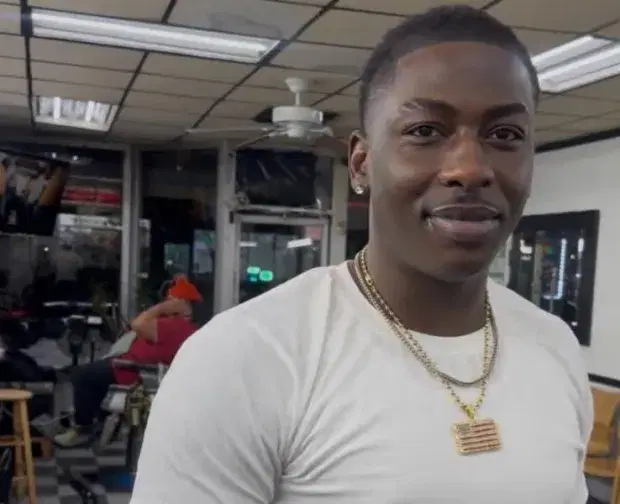
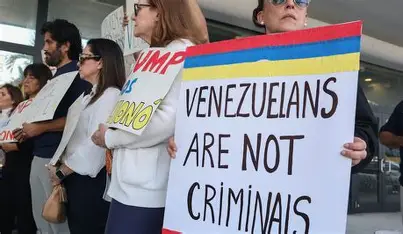
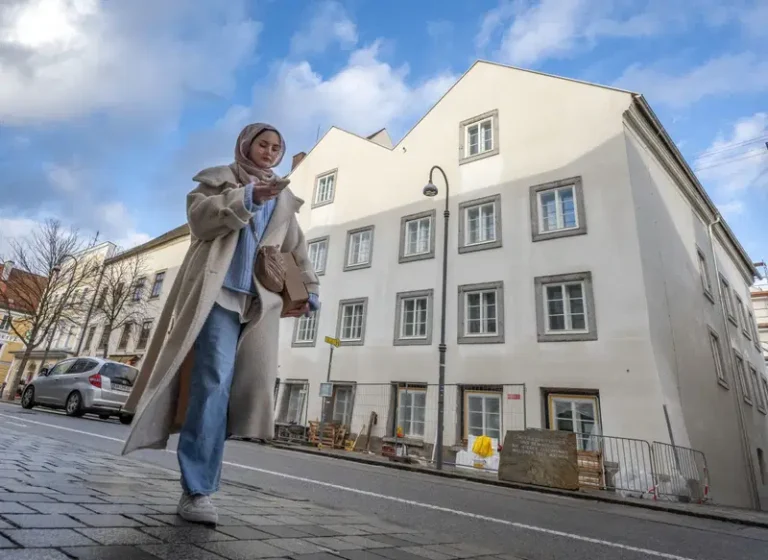
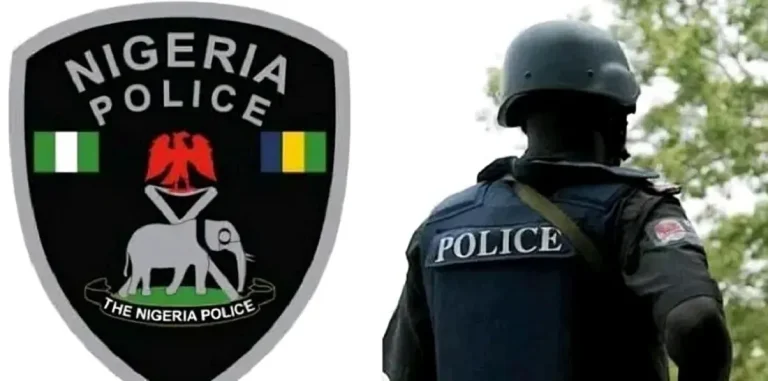
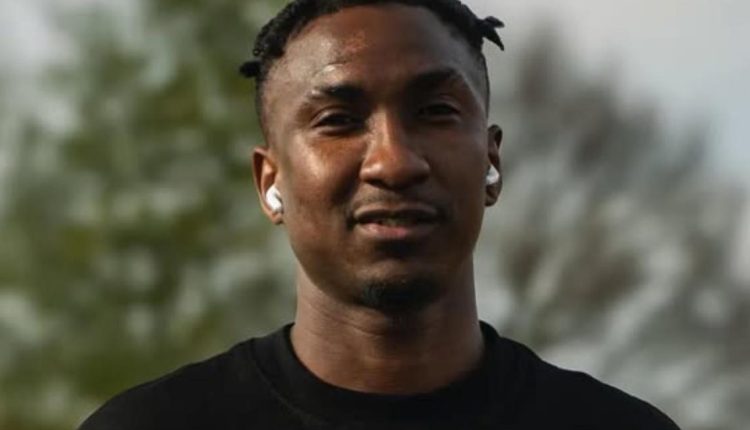
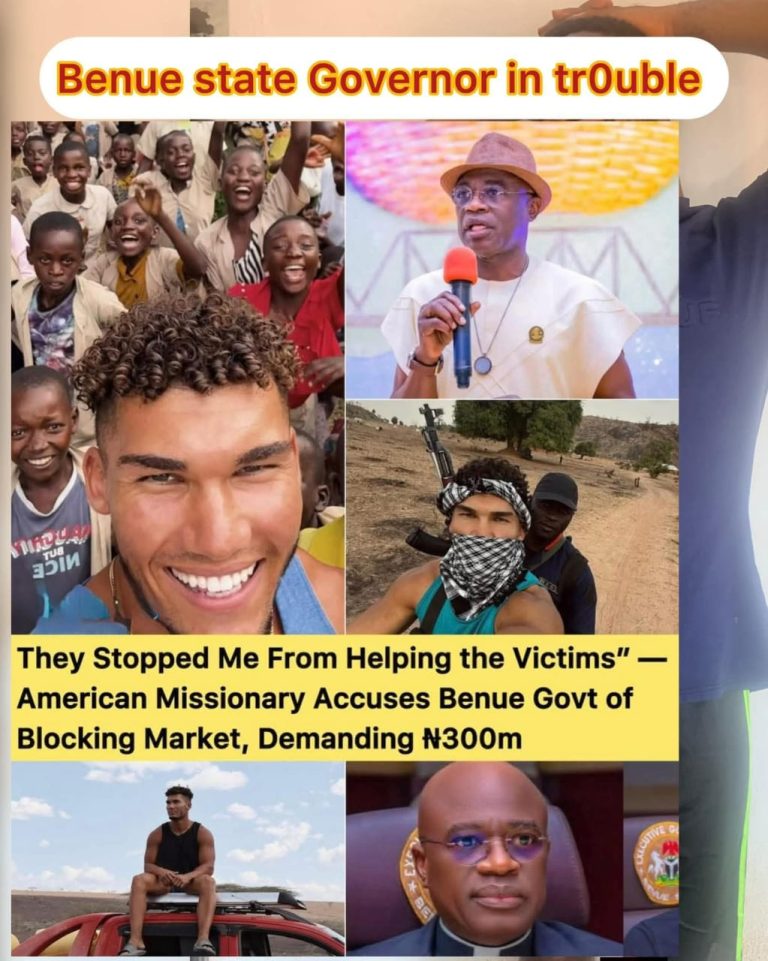

407789 661955Someone necessarily assist to make critically articles Id state. This is the very first time I frequented your internet page and thus far? I amazed with the analysis you produced to make this actual submit incredible. Exceptional activity! 695781